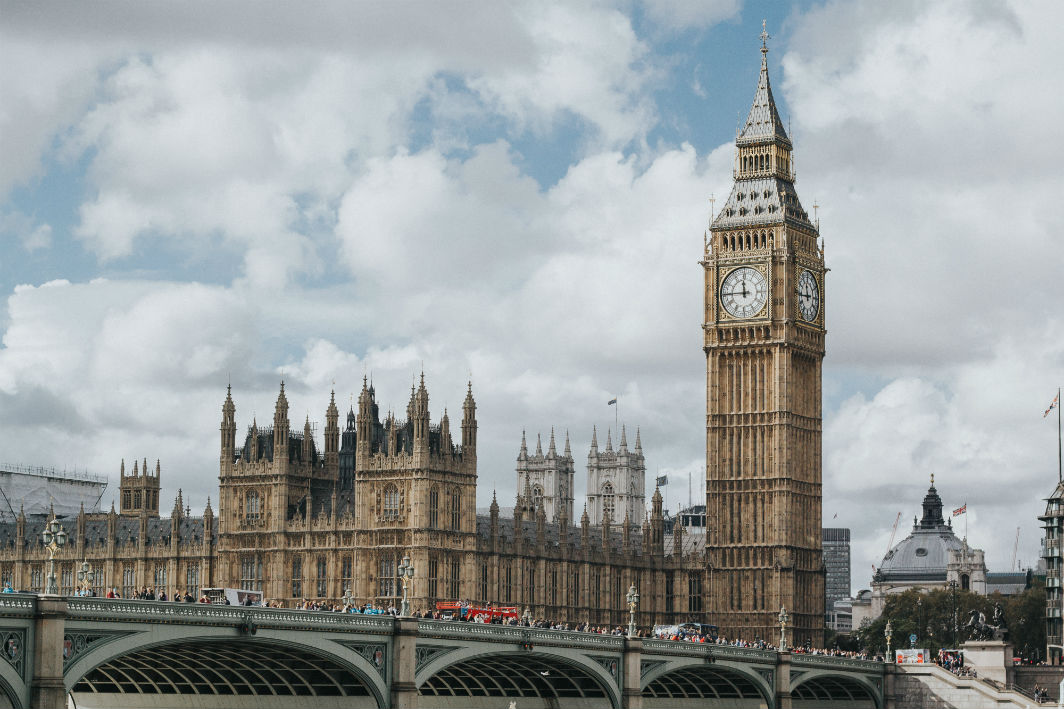Is the government’s new Environment Bill truly ‘groundbreaking’ for business?
On 15 October, the government introduced its new Environment Bill to Parliament, seeking to ‘tackle the biggest environmental priorities of our time.’
The Bill in its entirety is available here. It should, in theory, be excellent news for sustainable business. What’s the lowdown?
A comprehensive and world-leading vision to allow future generations to prosper
Gudrun Cartwright, environment director at Business in the Community, part of the The Prince’s Responsible Business Network, praised the Bill, but noted UK PLC must also play its role.

“The Government cannot solve this problem alone. Tackling climate and ecological breakdown needs to be at the heart of UK PLC’s strategy, if we are to avoid the existential threat we face.
“We urge businesses to be much more ambitious by joining the dots between environmental, social and economic challenges and drive the change we need to see to create a prosperous, one planet economy.
“Businesses need to understand and act on their dependencies on nature and where products, services and operations cause harm across their life cycles.
“We only have two or three business planning cycles before our ten year deadline to limit climate change catastrophe.”
Cartwright’s comments match with much of today’s leading corporate thinking, which advocates partnership across business, government and the country’s entire supply chain.
The trouble is, some candid opinions find fault with the Bill, which should be cementing such partnerships. Stories hitting the news this week from sources like ENDS and from Greenpeace are scathing:
‘The Bill requires the government to set at least one legally binding target for each of these areas [air and water quality, tackle plastic pollution and restore nature], to ensure the UK meets these ambitions. However, further analysis of the Bill by Greenpeace has exposed a major loophole that will give the government 18 years before it is legally required to meet any of the targets set.’
Rebecca Newsom, head of politics at Greenpeace UK, said: “What good are legally-binding targets if they can’t be enforced for almost two decades?”
There has also been widespread criticism of the fact that the new watchdog, the Office for Environmental Protection (OEP), which is supposed to hold regulatory power, will not be able to fine the government for any compliance failures, and further questions have been raised over its independence from government.
Comparing the many analyses out there on the Bill does seem to confirm the legitimacy of concerns surrounding whether it might, in practical terms, be rather toothless.
The new Environment Bill; further reaction
It is also pertinent to remember that the existing government holds no majority in Parliament, making any further progress into actual law for the Bill relatively unlikely until a General Election and Brexit are resolved.
Additionally, Resource Magazine notes that the Bill only applies to England. Whilst one would generally expect devolved administrations to follow suit with Westminster, in today’s political environment little is certain.
The BBC focuses on Greenpeace’s objections, elaborating further. ‘Greenpeace lawyers point out the date for setting targets is 31 October 2022 – and the government will then have 15 years to meet the goals.
‘This means no legal action could be taken against ministers on any potential failings on water, plastic, waste or nature restoration until 2037, at the earliest.
‘The bill does give the government power to set interim targets for the four environmental areas. But they wouldn’t be legally binding.’
A government spokesman said it was normal to have targets set well into the future.
A Bill for the future or ill-aligned thinking?
The exact details of the Bill are outlined elsewhere in the Hub. Low carbon firms reading these details will not be totally dismayed. Net zero for 2050 remains and Biodiversity Net Gain may deliver encouraging signs in construction and elsewhere.
Yet, as it stands, the Bill has next to no chance of becoming law; that depends on Brexit and a General Election. Further, the toxic atmosphere in Parliament has created hitherto unrealised levels of mistrust.
With such lack of trust prevalent, a Bill which appears to set targets from 2022 and gives government some 15 years to meet goals without a clear sense of who and what could hold Ministers to account may not go far.













